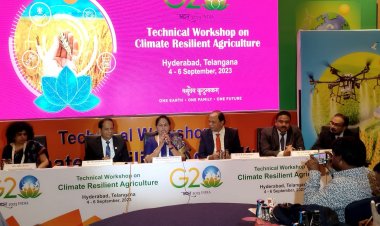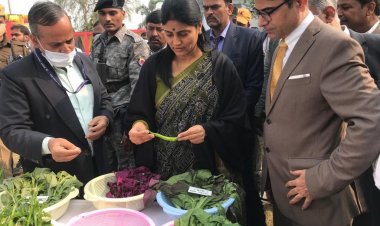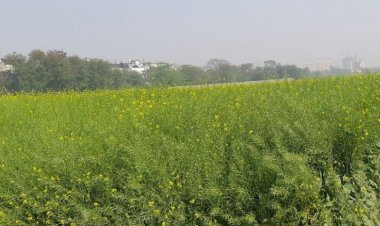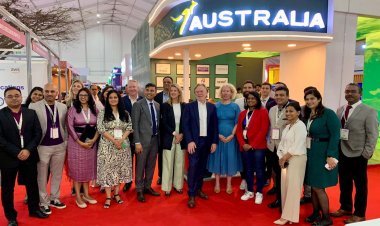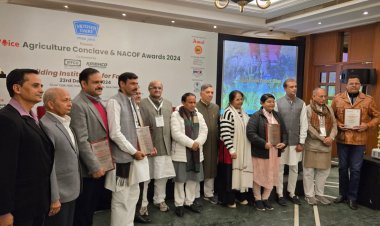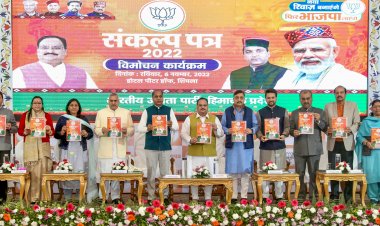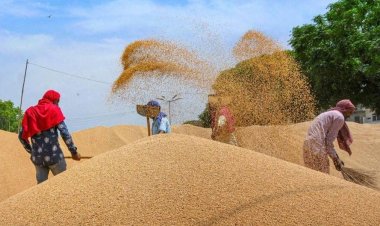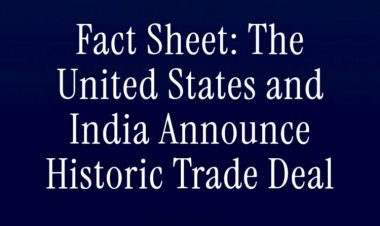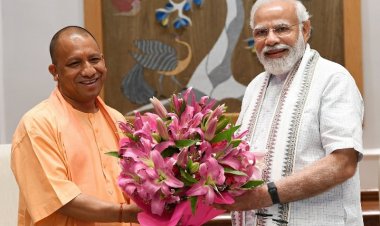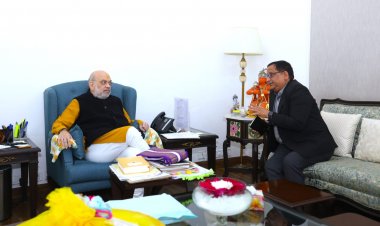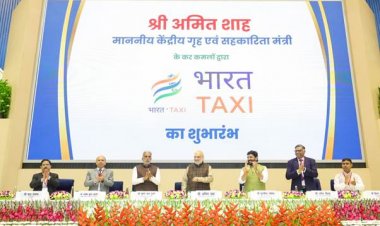PSH for food security should be the topmost priority of MC12: Piyush Goyal
Goyal has said that a permanent solution to the issue of public food stocks, which has already been delayed, should be found. It should be the topmost priority for MC12 before the members of the WTO discuss other issues because nothing is more important than this for the people of the world.
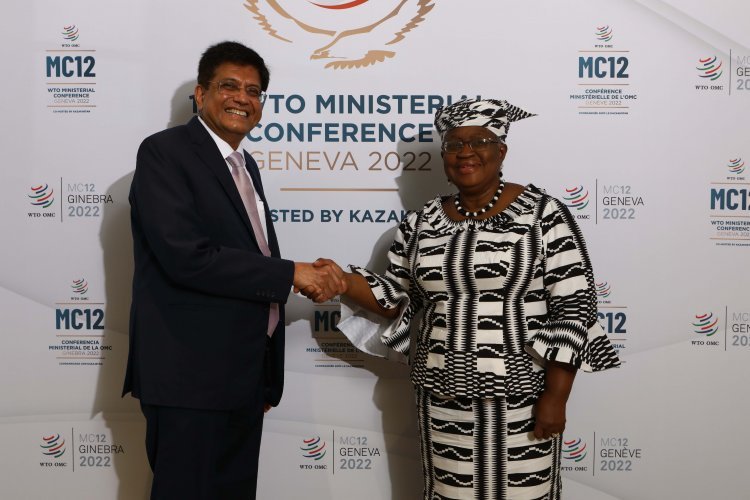
Commerce and Industry Minister Piyush Goyal has said that the Covid-19 pandemic has reinforced once again the need and efficacy of food stockholding for the public good. A permanent solution to the issue of public food stocks, which has already been delayed, should be found. It should be the topmost priority for the WTO’s 12th Ministerial Conference (MC12) before the members of the WTO discuss other issues because nothing is more important than this for the people of the world.
Goyal said this before the WTO meeting started in Geneva on Sunday. He is representing India at MC12. The Ministerial Group is the apex decision-making body of the WTO. The meeting is taking place after four years due to the Covid-19 pandemic and other reasons. The issue of public stockholding (PSH) of foodgrains is quite crucial at the meeting from India’s point of view.
The fisheries subsidy is another issue, on which Goyal said the right to life and livelihood of traditional fishermen cannot be curtailed in any manner. On the contrary, he said, those nations responsible for depleted fish stock should assume responsibility, having exploited the oceans for far too long by giving subsidies.
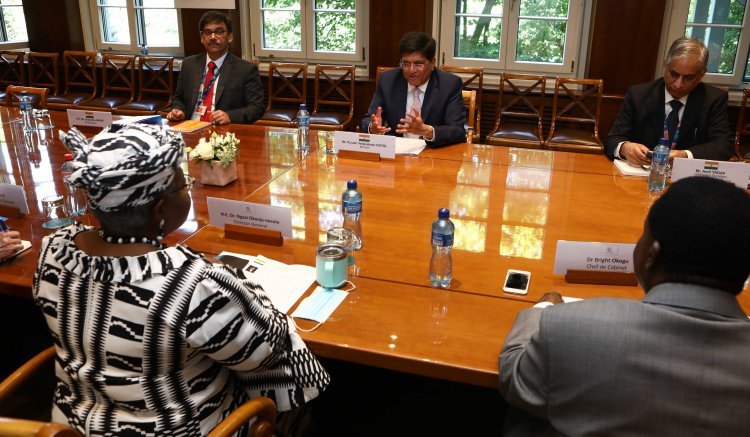
Commerce and Industry Minister Piyush Goyal with the WTO chief at the meeting
Bumpy and rocky road ahead: WTO chief
WTO has 164 countries. Ministers from more than 120 countries are attending the meeting. Speaking to ministers at the opening, WTO Director-General Ngozi Okonjo-Iweala said, “The road will be bumpy and rocky. There may be a landmine along the way.” But it had to be negotiated. The WTO chief claimed that world trade had brought a billion people out of poverty, but the poor countries and the poor of the rich countries still lagged behind.
The WTO chief also raised the issue of the global food crisis in the wake of Russia’s invasion of Ukraine. The closure of ports due to the war prevented the export of about 2.5 crore tonnes of foodgrains. Ministers from various countries will also discuss at the meeting whether the export restrictions imposed on Russia should be relaxed in view of the scarcity of wheat, fertilizers and other products. The World Food Programme (WFP) of the UN will also be discussed so food items may be supplied to the countries in need.
India wants right to export restrictions
India is against extending blanket exemptions from export restrictions on foodgrains. It wants that every country should have the right to address its own food security concerns. It is to be noted that India first promoted wheat exports in the wake of the Russia-Ukraine war, but when wheat production declined in this Rabi season and the public procurement was reduced to less than half that last year, the government prohibited exports. Wheat can now be exported only on the basis of a contract between two governments. Wheat scarcity became all the more severe in the global market after India’s ban and several countries are facing a food crisis.
Under the WTO rules, countries may rein in or prohibit food items exports if they face scarcity at home. About 75 nations are engaged under the leadership of Singapore in convincing other countries that no country should impose restrictions on foodgrains exports under WFP. The WTO chief had come up with three drafts in May on agriculture, trade and food security and export restrictions. India had opposed the drafts.



 Join the RuralVoice whatsapp group
Join the RuralVoice whatsapp group

















